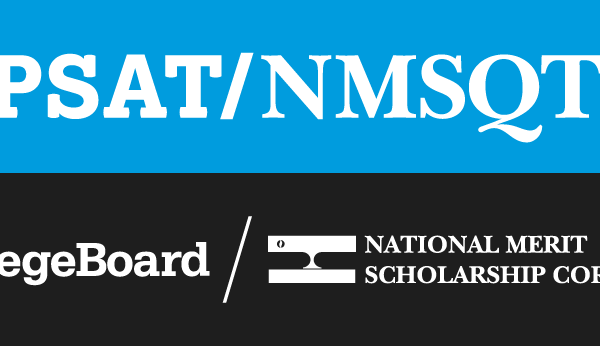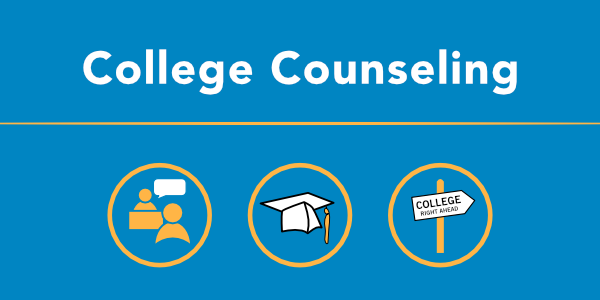Applying to college can be stressful, and college rankings are a major reason why. As more students apply to the same few universities, the rejection rates skyrocket and students are less likely to get into those few schools. The prestige of high rankings leads students to believe that those schools are the best places to attend university.
Students should not automatically apply to the highest ranked schools for the sake of applying to them. Rather, students should focus on schools that meet their criteria about what they hope to experience and achieve in college. The match between students’ interests and school strengths should be the most important concern. Still, most students and parents will explore the college rankings as they begin the application process.
Below is what you should or should not do when checking out the latest round of rankings.
Rankings should not be the only, or even primary, factor.
There should be many factors considered when making decisions ab
out where to apply and eventually attend. It is true that high rankings are prestigious, but students will get the best college experience from schools that best match students’ interests, goals and learning styles.
Schools, for instance, can influence their selectivity by heavily recruiting more students, including students who are unlikely to be admitted and who do not meet their admissions criteria. The more students a college rejects, the more selective a college is understood to be, which is factored into a college’s ranking. They can also manipulate their reports on admitted students’ statistics, upping their selectivity factor.
Reputation forms a part of the formula for ranking colleges. This is, however, subjective and doesn’t tell students much about how a college suits an individual student’s strengths. It certainly does not tell students how a college’s strengths can help a student meet his or her goals.
Among the factors that the U.S. News and World Report uses to determine a college’s rankings are alumni giving, student retention and graduation rates, resources available to faculty, how well students perform after college, the financial resources a school has available, faculty-to-student ratios, and the reputations of schools among other colleges and high school counselors.
These statistics can be used by students and parents to point to further avenues of inquiry about schools, but shouldn’t be cause to include or even exclude schools on their own. It is worth bearing in mind that rankings make assumptions about data (for instance, does a high rate of alumni donations mean that a college is good? Do alumni only donate to high quality schools?).
The factors that are used to compute college rankings make assumptions about what a good college is, though there are other ways to judge colleges that could lead to different conclusions.
Colleges both promote their rankings and recognize the imperfection of rankings. Colleges themselves both depend on rankings to make students want to attend their schools more, while at the same time they also recognize the limitations of academic rankings.
Rankings can be helpful if used advisedly.
Students will want to look, for example, at graduation rates and retention rates. College rankings can help students gain some sense of how likely it is that they will get in on the basis of their grades and test scores, but college rankings can only provide a hint, not any guarantees.
Another example: If the information in the rankings indicates that students are regularly taking longer than four years to graduate or a high number of students do not return to school, it makes sense for a student to find out why. The point here, however, is that students and parents need to explore what is most relevant to what a student wants out of his or her college experience and to use the rankings as a point of entry to college research; college rankings should never replace careful research of schools and how well they fit with students’ own unique criteria.
College rankings can put schools on the radar of students who might not have known about the schools before.
The bottom line:
Rankings can make students and parents fixate on the prestige of a college, rather than individual fit and specific opportunities for students. Colleges, however, are not one-size-fits-all. Deciding where to attend college is a major decision, but it is also a personal decision. In the end, students need to focus on how well the opportunities available at a given college match with what the strengths and goals of the students are.
As students compile their initial college lists, they can use college rankings to their advantage by looking at schools where students have similar academic backgrounds. They can even use them to determine basic statistics about universities of interest (how likely are freshmen to return the following year, for instance).





